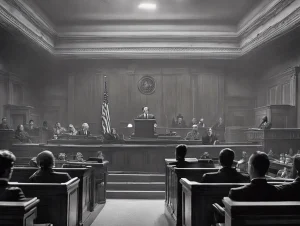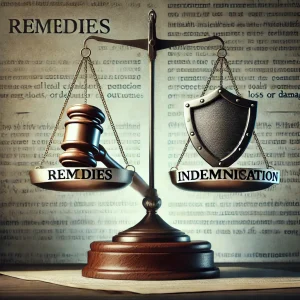The issues confronting man today are sometimes complex. Few of us possess the knowledge necessary to evaluate complex issues like climate change. To complicate matters, people and organizations with their own agendas devote tremendous resources in attempts to sway public opinion. This column focuses on one such issue – climate change.
Many of us have seen video of some forlorn polar bear standing on a small ice platform, surrounded by water, seemingly wondering what happened to all the ice. We’ve read articles about glaciers receding and ocean levels rising. And some of us are old enough to believe the weather we experience today is more extreme than when were young; as a boy I never saw Lake Dillon as dry as it is today. But I will ignore these things even though they offer anecdotal evidence of man-made global warming.
I ignore them because climate change deniers typically respond to such evidence by pointing out that climate change is cyclical and asserting that even if climate change is taking place there is no evidence that man is causing it. I also ignore those anecdotal bits of evidence because there is an easier to way to prove the deniers wrong – ice core samples.
Earth keeps a journal. Instead of words, Earth records each day’s events by preserving natural objects. One way Earth does this is by trapping air bubbles in glacial ice. By drilling deep into the ice in places like Greenland and Antarctica, scientists can determine the levels of gases such as carbon dioxide, methane, and nitrous oxide present in the atmosphere at any point in time during at least the past 650,000 years.
Here is what the ice core samples tell us. During ice ages, atmospheric carbon dioxide levels were around 200 parts per million (ppm), and during the warmer interglacial periods, they hovered around 280 ppm. In 1950, the level of atmospheric carbon dioxide went above 300 ppm for the first time in 650,000 years. In 2013, it went above 400 ppm – a level not seen on Earth in millions of years. Moreover, the rate at which these levels are increasing is accelerating from decade to decade. From 2005 to 2014, the average annual rate of increase was 2.11 ppm. This rate of increase was more than double the increase in during the 1960’s.
We also know the Industrial Revolution did not begin until the mid-1700’s and that man’s use of fossil fuels increased dramatically with the invention of the internal combustion engine and the mass production of automobiles in the early Twentieth Century.
Do these facts prove with certainty that man is causing climate change? Nope. It’s theoretically possible the dramatic increase in atmospheric greenhouse gases during the past few hundred years is completely unrelated to the dramatic increase in man’s use of fossil fuels during the same period – an incredible coincidence. You can even find a few scientists that claim warmer temperatures are not the result of increases in greenhouse gases, but are instead the cause of those increases.
But is certainty the correct standard? We do not require certainty in death penalty cases, but instead require only proof “beyond a reasonable doubt.” And in everyday decisions we often employ a lower “preponderance of the evidence” standard. If an oncologist told you there was a 60% chance you would die within six months unless you underwent chemotherapy, what would you do? If you sought opinions from ten oncologists and nine gave the same opinion, would you believe the nine or trust the one telling you everything is fine?
If man continues to burn fossil fuels at the current rate over the next few centuries, scientists predict the level of atmospheric carbon dioxide will rise to 1500 ppm. Our descendants will likely witness rising sea levels, rising temperatures, warmer oceans, shrinking ice sheets, glacial retreat, more extreme weather, ocean acidification, and decreased snow cover.
I recently presented this information to a climate change denying friend and his response was, “So what?” I admired the speed with which he went from denying climate change entirely to conceding it and asking, “So what?” In response to that question, we can look at any number of things – severe drought and higher food prices, increased cancer rates, loss of oceanfront property, loss of wildlife habitat, loss of species, and many other consequences. We may not even know all the possible repercussions.
Republican presidential candidate Jeb Bush recently opined that for people to declare the science on climate change has been decided is “intellectual arrogance.” No, Jeb, it is arrogant for humans to believe we can do one thing (burn massive amounts of fossil fuels) without it impacting other things such as the delicate balance the Earth developed over millions of years. The canary in the coal mine is singing and these fools want Mozart.





